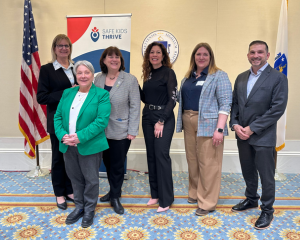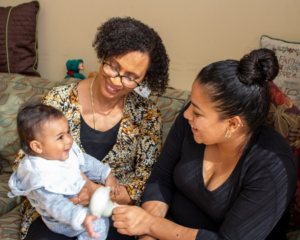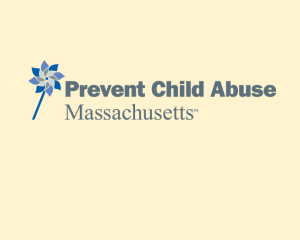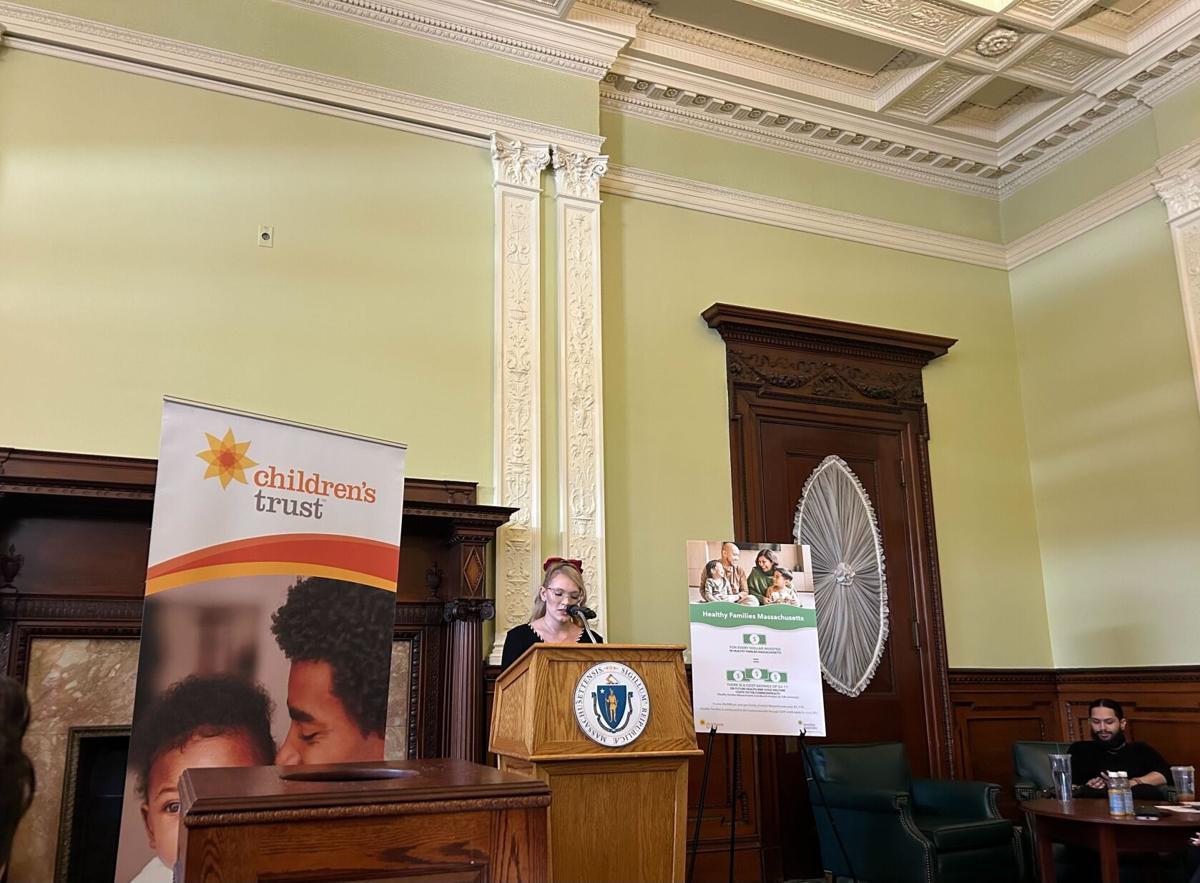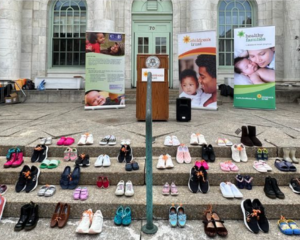Boston (6/2/2021) – Family support professionals reported an increase in parental stress and challenges reaching families because of the pandemic according to a new white paper released today by the Children’s Trust, the state’s child abuse prevention agency.
The paper, A Closer Look at Families’ Experiences with Massachusetts Family Support Programs during the COVID-19 Pandemic, was written by Tufts Interdisciplinary Evaluation Research (TIER) based on a survey of 156 staff from Children’s Trust family support programs.
According to the survey, three-quarters or more of staff perceived families to be experiencing increased stress during the COVID-19 pandemic. The top three key stressors identified by staff included financial concerns, parent or caregiver mental health problems, and social isolation and loneliness. Two-thirds of respondents also perceived mental health services as less accessible to families during the pandemic.
“Stress and isolation are significant risk factors for child abuse and neglect,” said Suzin Bartley, Executive Director of the Children’s Trust. “The pandemic has magnified what we already know: families need support to help them build resiliency so that they can weather stressful situations. We can’t always prevent families from facing challenging times, but we can give them the tools to help them get through it so that all children can grow up in safe, nurturing homes.”
Family support staff reported that families experiencing mental health challenges and housing insecurity were especially difficult to reach during the pandemic, despite transitioning to virtual support services and providing families with concrete support and basic resources. Young families, families involved with child protective services, undocumented families, and families experiencing intimate partners violence were also perceived as hard to reach by about 30% of survey respondents.
“We have an opportunity to learn from the pandemic what did and didn’t work to support families so that they can be better prepared for the next challenge life throws their way,” said Bartley. “What it comes down to is that parenting is hard and families need help navigating the complexities of parenthood. Building resilient families and supporting families in the transition back to “normal” life has to be a priority as families recover from the hardships of the pandemic.”
The Children’s Trust develops programs and influences public policies by building Protective Factors that support the overall well-being of children and their families. Developed by the Center for the Study of Social Policy, the Protective Factors framework is a research-driven approach that identifies five key conditions which must be in place in order to support the optimal well-being of children and families. Protective Factors serve as buffers that help families cope, achieve, and thrive, even during times of stress. The five Protective Factors are: parental resilience, knowledge of parenting and child development, social connections, concrete support in times of need, and social and emotional development of children.
You can read the full report on the Children’s Trust’s website here.
###
About the Children’s Trust
The Children’s Trust is on a mission to stop child abuse in Massachusetts. We give parents the tools and resources to build self-confidence and gain lifelong skills to ensure children grow up safe and healthy.
